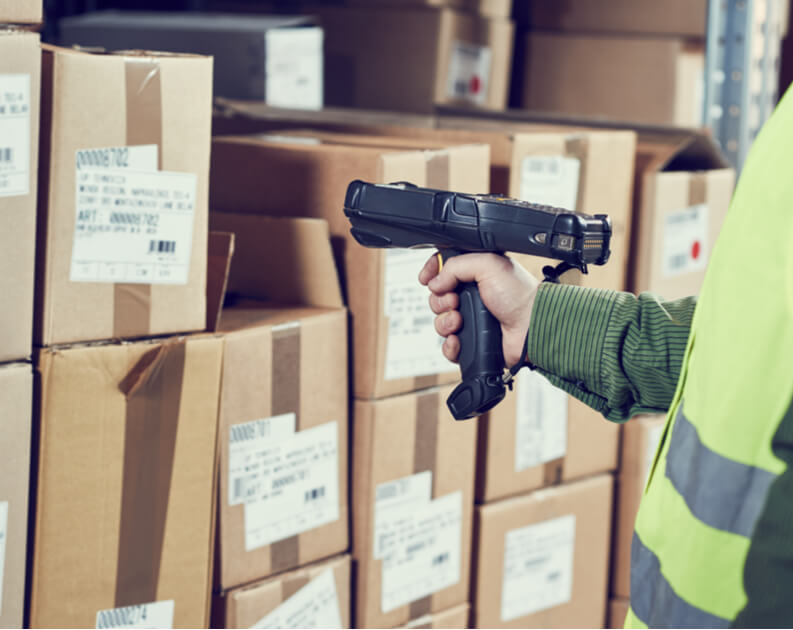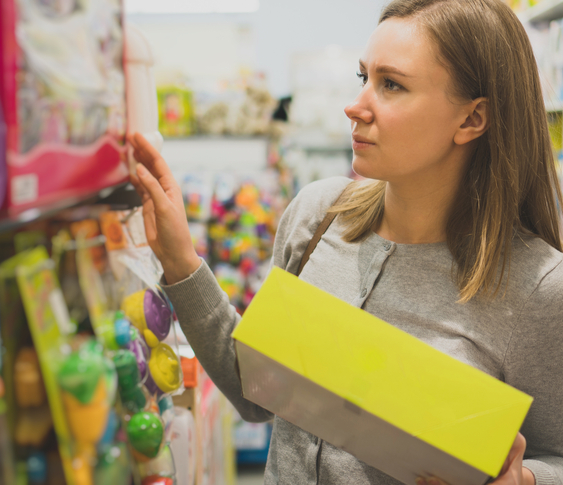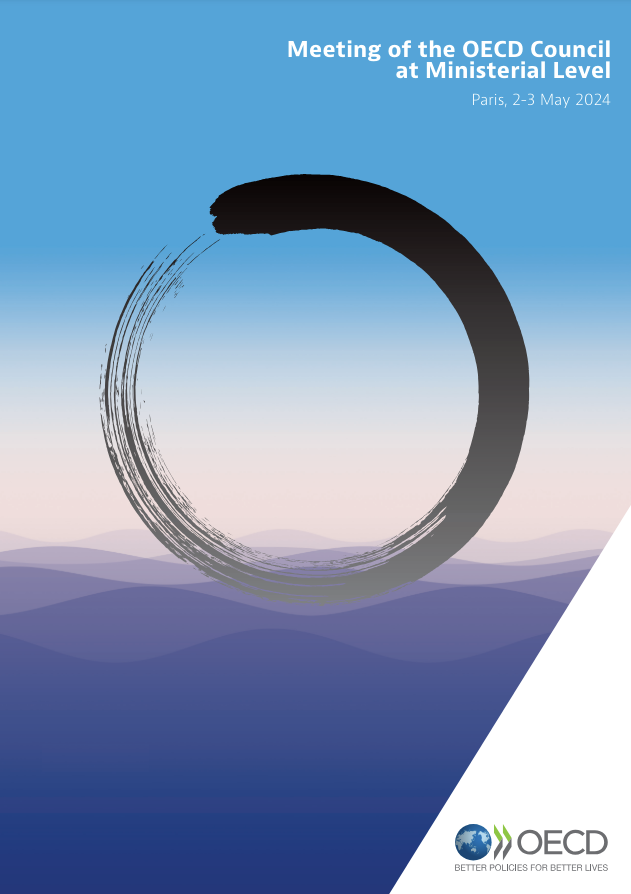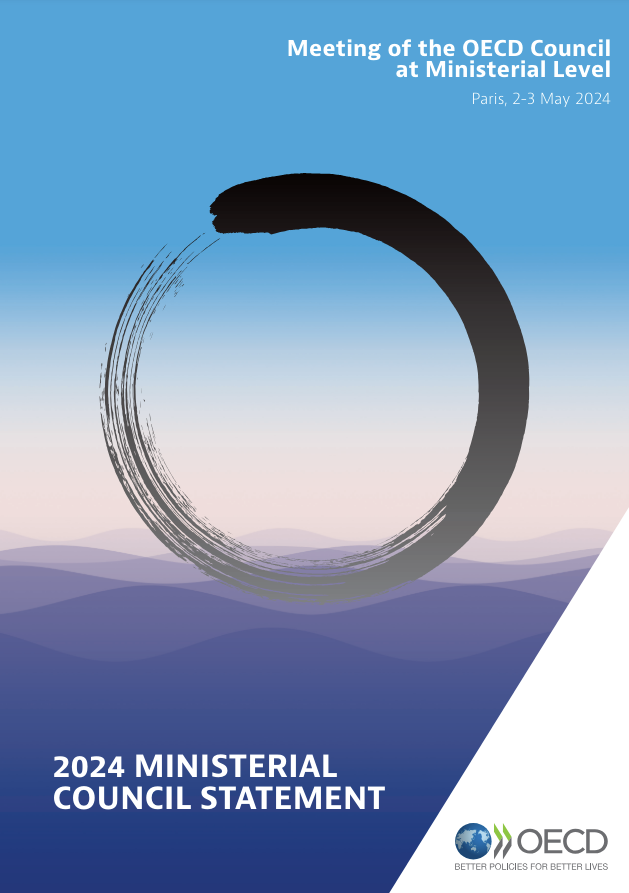
Global recalls: an enhanced co-ordination
The creation of a global platform on recalls has enabled domestic authorities to take action to protect people from possible harm, while also saving time, money and resources.
What's the issue?
Product recalls, which help keep unsafe products away from consumers, have been steadily increasing in size and number. What is driving this? More complex global supply chains, tougher legislation on consumer product recalls and a greater expectation of transparency are all factors. This means a single recall can now affect millions of consumers and impact numerous manufacturers and brands worldwide.
Yet international co-ordination around recalls has tended to be decentralised. Governments involved in managing recalls have lost time exchanging information, making processes less agile. Ensuring rapid action is key for protecting consumers – in particular when there are major safety risks.
How are we addressing it?
The OECD GlobalRecalls portal was created in 2012 to serve as a single window for sharing information about product recalls worldwide.
As of July 2019, the database contains more than 24,000 product recall notices from 46 jurisdictions, and integrates data from the EU’s rapid alert system for dangerous non-food products (Safety Gate) and the ASEAN regional recalls portal.
This figure is expected to rise as the OECD continues to work with other international organisations such as the Organisation of American States (OAS) to incorporate their recalls into the portal.
What's the impact
Jurisdictions no longer need to check other countries’ national recall portals to learn the latest about product safety issues around the world. The GlobalRecalls portal instead gives them a bird’s eye view of emerging global product safety trends and issues in other countries. This helps national authorities take action to protect their own consumers from possible harm, saving time, money and resources. The portal provides valuable insight on recalls: for example, it has shown countries that since 2012, almost half of the recalls on the portal relate to toys and games, automotives and clothing.
A number of OECD Member and non-Member countries use the portal to inform their domestic product safety initiatives. In Australia, for example, recall information from the portal has been used to support the need to extend a mandatory product safety standard, while in Costa Rica, 64% of their domestic product recalls since 2016 have been informed by data on the OECD GlobalRecalls portal. In addition, many countries such as Korea, Colombia, Peru and Sweden use the portal to inform their domestic market surveillance activities.

In a global marketplace the OECD GlobalRecalls portal is a key resource to learn about dangerous products that might injure or kill consumers. The ACCC uses the portal to inform policy development, market surveillance and better understand emerging hazards.
Delia Rickard Deputy Chair, Australian Competition and Consumer Commission (ACCC)











